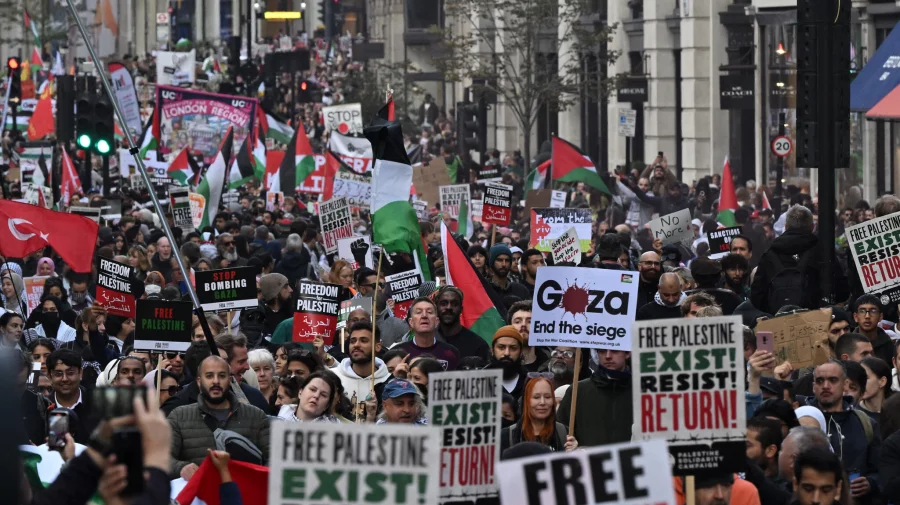Let’s assume that the mediators have at least managed to prevent the Doha negotiations from collapsing—or that they will secure concessions from both Israel and Hamas by deferring some demands or moderating others.
Even so, every fresh attempt at a deal only serves to confirm that each side in this deeply unequal conflict is fighting what amounts to a war over its destiny. Hamas negotiates and fights to determine the future of Gaza and the broader Palestinian cause. Netanyahu negotiates and fights to secure his own survival in office and to maintain the fragile coalition that keeps him there.
Hamas finds itself in a stark dilemma. On one hand, it fights with apparent desperation to assert its existence, even as it faces overwhelming evidence of its vulnerability: widespread death and destruction in Gaza, rampant hunger and disease among civilians, dwindling resources for its fighters, and retreating allies. On the other hand, it cannot bring itself to accept the staged surrender that any deal would require. Instead, it insists on pursuing what it frames as either outright victory or martyrdom.
Netanyahu confronts his own crisis of legitimacy. A growing segment of the Israeli public now demands an end to the war and challenges his political and military decision-making. Yet he has not found a way to halt operations without jeopardizing his grip on power before his term ends. He cannot count on leading the next government, but he still has a year left to exploit political maneuvering for his own benefit.
Meanwhile, Gaza remains the main arena of a conflict whose shadows stretch far beyond its borders. Hezbollah endures strikes without mounting a significant response. Iran faces its own crescendo of hostilities that has unfolded over just a dozen days. Gaza itself nears the second anniversary of its war—if we mark its beginning as October 7, 2023—though the conflict is far older than that. Only a fraction of Gazan territory lies outside the direct ground control of Israeli occupation forces, yet all of it remains engulfed in a siege of fire, with residents considering themselves fortunate if the daily death toll is less than a dozen.
So long as each party equates its survival with the outcome of this struggle, the bleeding will continue. Even a ceasefire secured through a final agreement would, at best, pause the carnage for up to sixty days. It cannot end the war so long as each side believes its fate depends on winning the next round.
Yousef Ramadan is Ambassador of Palestine to Bangladesh
https://www.dhakatribune.com/386422


